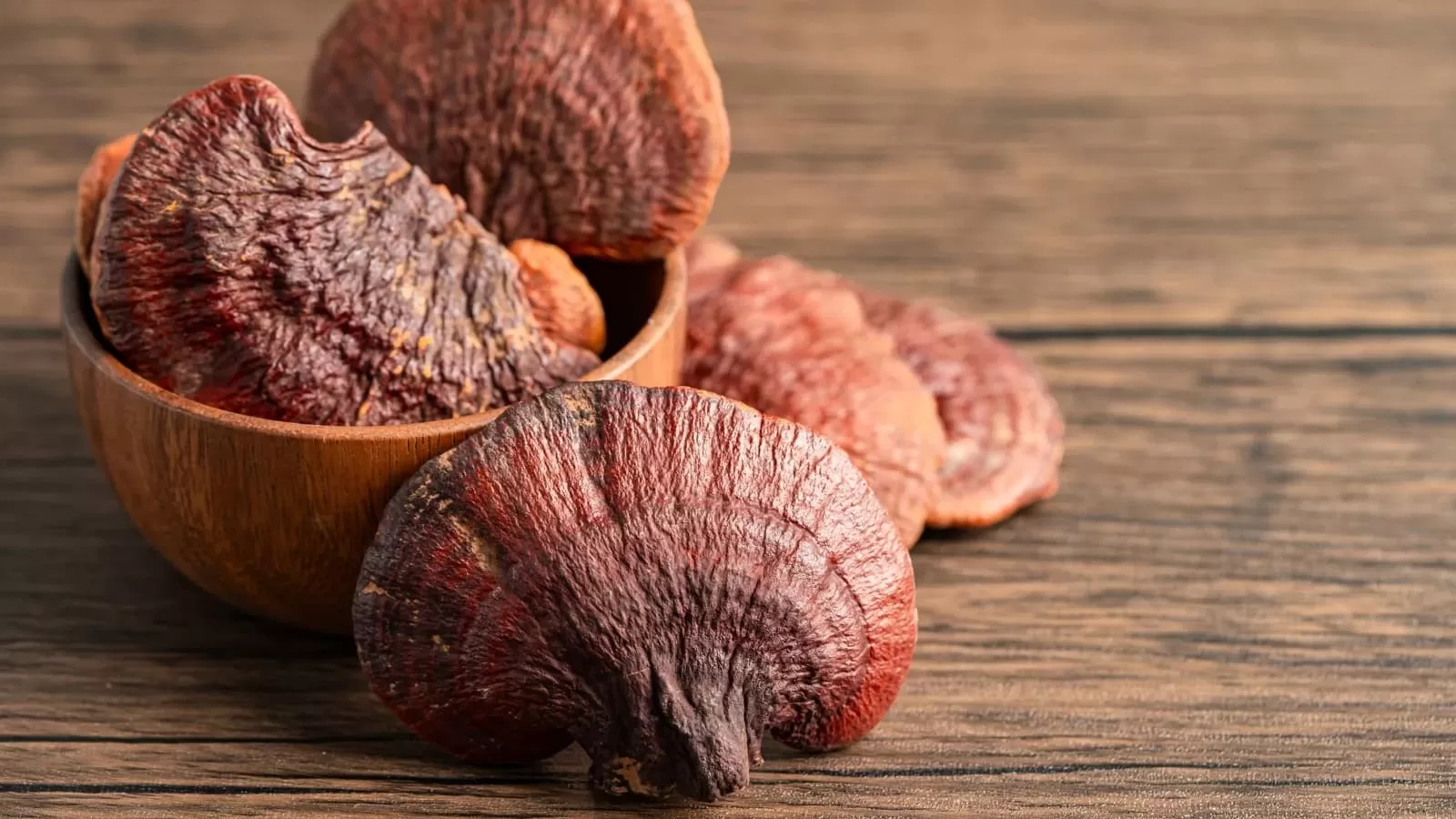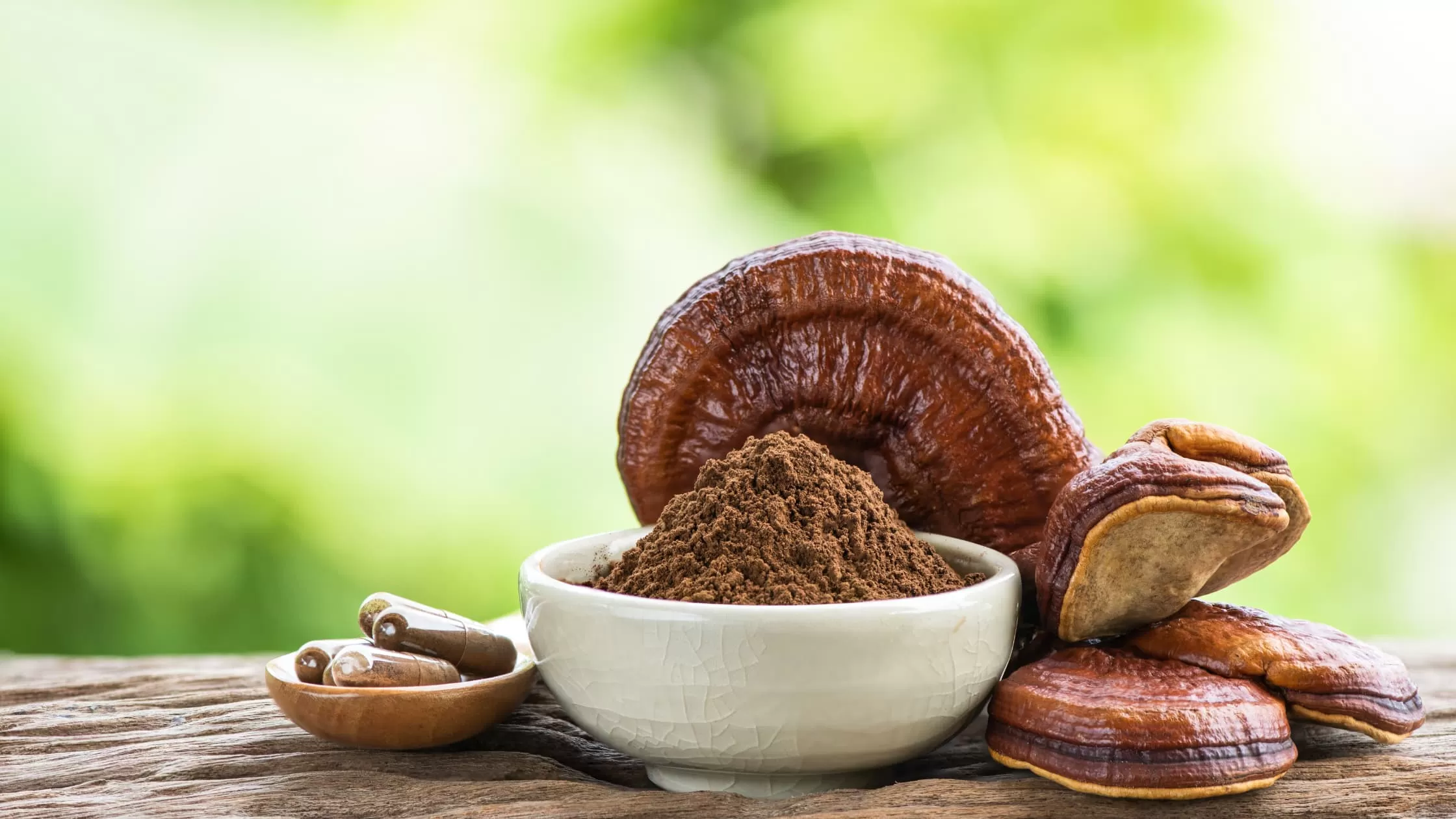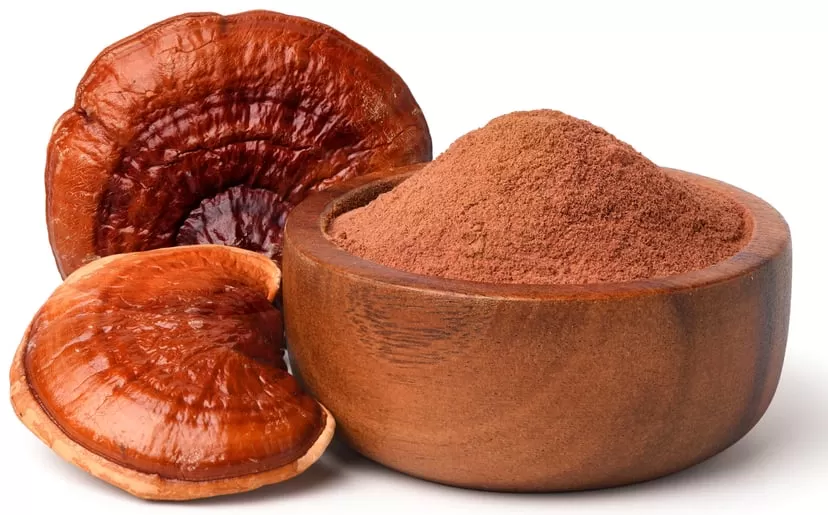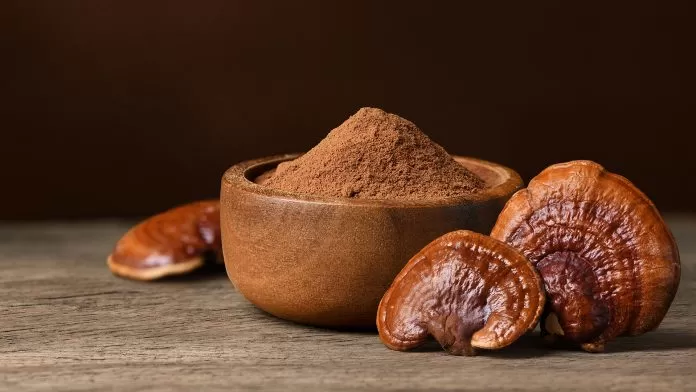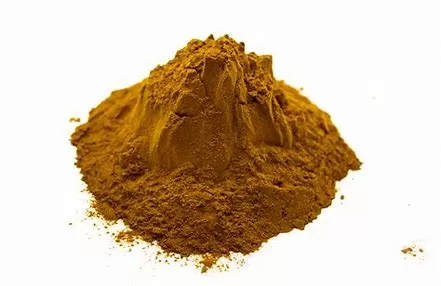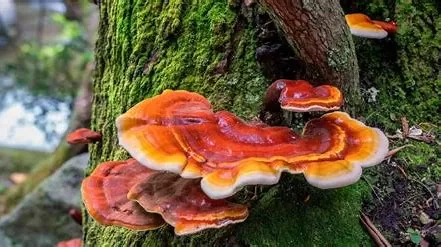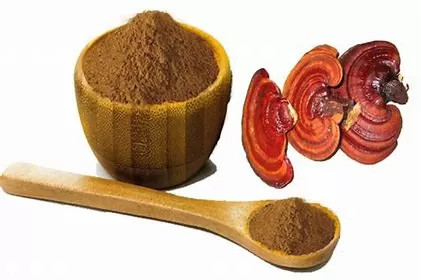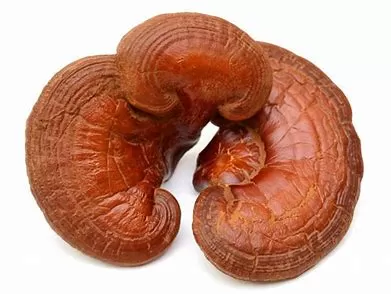- 0086-571-85302990
- sales@greenskybio.com
Best Form of Reishi Mushroom for Optimal Health Benefits
2025-04-29
Reishi mushroom, known scientifically as Ganoderma lucidum, has been revered for centuries in traditional Chinese medicine as a healing herb, often referred to as the "mushroom of immortality." Unlike many other mushrooms, reishi is not typically consumed as food because of its tough texture and bitter taste. Instead, it is used predominantly for its medicinal properties. With a plethora of reishi products available today, including powders, extracts, capsules, and teas, figuring out what form is best suited for one’s health needs can seem daunting. This article aims to explore the various forms of reishi and guide you on choosing the best one for optimal health benefits.
Understanding Reishi's Active Compounds
Reishi mushrooms are rich in beneficial compounds, primarily polysaccharides, triterpenoids, and peptidoglycans. Polysaccharides are known for their immune-boosting properties, triterpenoids possess anti-inflammatory and anticancer properties, and peptidoglycans have various health-promoting effects. The efficacy of the reishi product largely depends on the concentration and bioavailability of these compounds.
Popular Forms of Reishi Mushroom
1. Reishi Powder
Reishi powder is made by grinding dried reishi mushrooms into a fine powder. This form retains the full nutritional profile of the mushroom, including fiber and all essential compounds. Reishi powder can be added to smoothies, soups, and other foods or brewed as a tea.
Pros: Reishi powder offers the benefits of consuming the whole mushroom, ensuring you get a complete range of nutrients. It also offers versatility in consumption, allowing you to add it to various dishes.
Cons: The bioavailability of active ingredients may be lower compared to extracts unless processed to enhance absorption.
2. Reishi Extracts
Reishi extracts come in liquid, powder, or capsule form and are made by extracting the active components from the mushroom, typically using water or alcohol. Extracts tend to have a higher concentration of beneficial compounds per dose compared to the powder.
Pros: Extracts provide a more potent dose of reishi's active components, making them a preferable choice for those targeting specific health concerns like immune support or stress reduction.
Cons: While extracts are potent, they may not contain all compounds present in the whole mushroom. Alcohol-based extracts may not be suitable for everyone.
3. Reishi Tea
Reishi tea is made by simmering dried reishi mushrooms or reishi powder in hot water. This method releases water-soluble compounds, particularly polysaccharides.
Pros: Reishi tea is an excellent option for those who enjoy herbal teas and prefer consuming reishi in a soothing, warm beverage.
Cons: Like reishi powder, the tea form might offer lower bioavailability of certain compounds, and triterpenoids are less water-soluble, which means they might not be as abundant in tea.
4. Reishi Capsules/Tablets
Capsules and tablets are often filled with reishi extracts or powder, providing a convenient way to consume reishi without the taste.
Pros: Capsules assure precise dosage and are ideal for those who prefer quick and easy supplement routines. They also eliminate the bitter taste associated with reishi.
Cons: They may be more expensive than other forms and lack the versatility for culinary uses.
Factors to Consider When Choosing a Reishi Product
1. Purpose of Use: Your specific health goals should guide your choice. For general wellness and immune support, any form can be effective, but for targeted effects, extract forms might be more beneficial. Consult with a healthcare provider for personalized advice.
2. Quality and Source: Look for reishi products that are organic and sourced from reputable suppliers. High-quality products ensure you get the maximum benefits without contaminants.
3. Processing Method: Water-extracted reishi is rich in polysaccharides, while alcohol or dual-extraction methods often capture a broader range of compounds, including triterpenoids and polysaccharides.
4. Bioavailability: Consider formulations or products designed to enhance absorption and ensure you’re getting an effective dose of the active compounds.
5. Taste Preferences: If the bitter taste is a concern, capsules or tablets can be a preferable option, whereas powders and teas are better for those who don’t mind or enjoy the taste.
Conclusion
The best form of reishi for you hinges on your personal health objectives, lifestyle preferences, and taste tolerance. While reishi extracts often offer the most potent and targeted health benefits, each form—be it powder, tea, or capsules—has its unique advantages. Opting for high-quality, sustainably sourced reishi products is essential for maximizing the potential benefits and ensuring safety. By understanding the available forms and their particular characteristics, you can make an informed decision that aligns with your health goals, leading to a more balanced and healthful life.
-
Why is Reishi so good?
2025-04-29
-
Does reishi balance hormones?
2025-04-29





